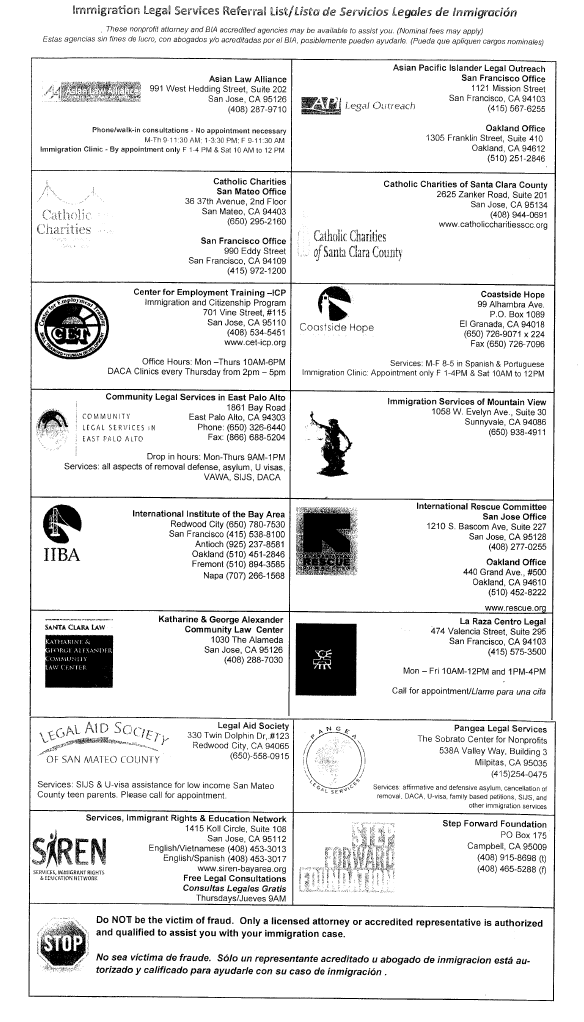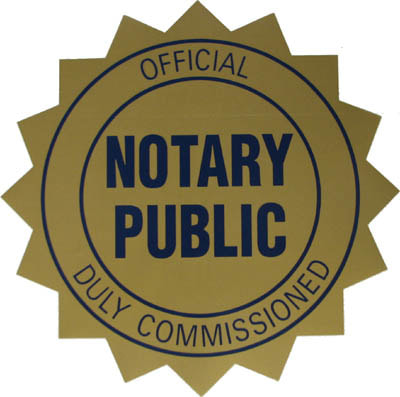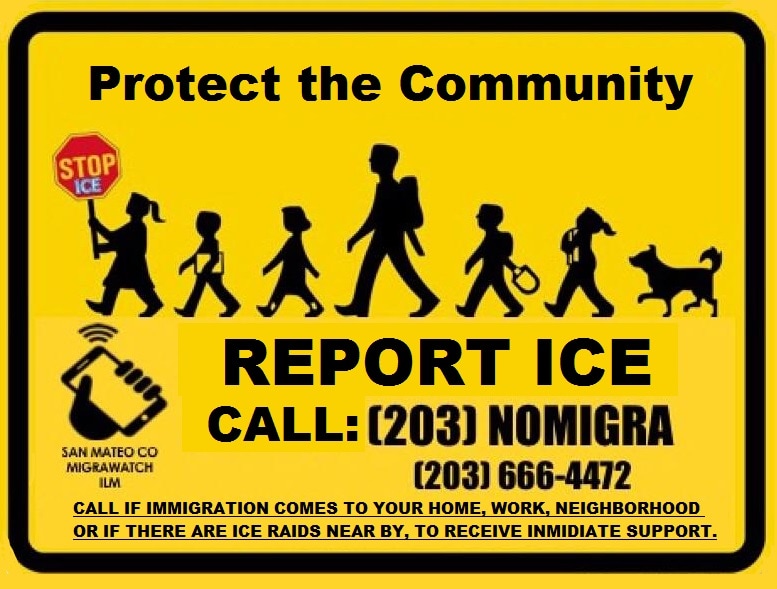|
Our friends at ILRC have created a Guide for those with no Immigrantion Status
Young boy, taken from mother, on solo trip through 4 states in 6 months
Thanks to our friends at Talk Poverty we have a consise explanation of the Public Charge Proposed Rule change issue. Please follow the link to learne more.
https://talkpoverty.org/flash-card-set/public-charge/
Has someone told you that you can “get papers” or residency because your child has a disability? If so, READ THIS FIRST. People CAN'T get a green card or other immigration relief just because their child has a disability, even a very serious one. Immigration law has a list of ways to qualify for a green card or other immigration relief: family Immigration, U VISA, Employment Immigration, T-VISA, Asylum, SIJS, etc. Being the parent of a disabled child is NOT on this list. Immigration does not have an “application for papers based on having a disabled child.”
Immigration judges can approve papers to some people who are in deportation proceedings, if the person meets specific requirements and if the judge finds that their situation deserves special treatment. Having a disabled child is one reason that an immigration judge might find that someone who is in deportation proceedings deserves special treatment. However, to “get papers” in this way you must be in deportation proceedings. Some lawyers, notarios, and others put people in deportation proceedings with the plan of asking the judge to give them papers because of their disabled children. However, this is risky! Nothing requires the immigration judge to decide to give the parent papers. The immigration judge could – and immigration judges do – instead order parents to leave the US (i.e. deport them). If you are not in deportation proceedings, “applying for papers because you have a disabled child” means putting yourself in deportation proceedings and asking the judge to give you special treatment. If the judge does not think that you deserve special treatment in light of your particular situation, you will be deported. Don’t trust someone you barely know with your life without finding out more. Before you pay someone to help you with an immigration case:
WARNING: In the United States, a “NOTARY” is not a “NOTARIO PUBLICO.” In the US, only a lawyer or BIA accredited representative can give legal advice. In many Latin American countries, a “Notario” is a person who went to college and obtained a degree in law. “Notarios” are authorized to give advice and legal help in these countries. In the United States, a “Notary” does not have go to law school or college; a notary is NOT trained to help people with immigration. Notaries are only allowed to verify the identity of the person signing a document. If you need immigration help, go to a lawyer or BIA representative. A California Notary cannot legally write a legal document or file immigration forms for you. Do not be fooled. If you need help, find a qualified and authorized person to do it. Do your homework and investigate the credentials of the person you ask for help. You can check if someone is a California licensed lawyer & whether they have a record of discipline at the California Bar Website: http://members.calbar.ca.gov/fal/membersearch/quicksearch You can check if someone is a BIA accredited representative at https://www.justice.gov/eoir/recognized-organizations-and-accredited-representatives-roster-state-and-city . For more information, see https://www.uscis.gov/avoid-scams AuthorJenny Horne works on the Teen Parent Project and Protecting Victims of Domestic Violence Project. She is a graduate of Stanford Law School and founded the Teen Parents Project as a Skadden fellow at Legal Aid in 1994. Prior to her fellowship, Jenny clerked for Judge Alfred Goodwin in the Ninth Circuit Court of Appeals. In recognition of her excellent work, she was inducted into the San Mateo County Women’s Hall of Fame; received the Silver Award from the Peninsula Partnership Council’s first biannual Children’s Report Initiative in 2002; and in 1999, received a Commendation from the San Mateo County Board of Supervisors and the San Mateo County Perinatal Council for services provided to San Mateo County school-age parents. The San Mateo Rapid Response Network is a collaboration between Faith in Action Bay Area and Pangea Legal Services. This is a 24 hour number system which has been created to expand the community’s capacity to monitor and document ICE operations in real time and to support the process of gathering evidence used to free someone from ICE custody.
This number is only for San Mateo County. Other counties have their own systems with differnet numbers. |





 RSS Feed
RSS Feed
